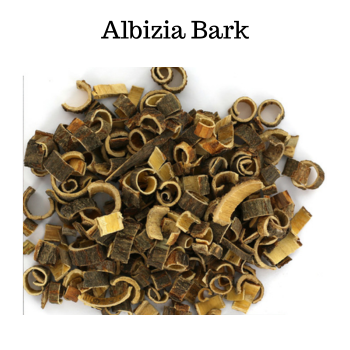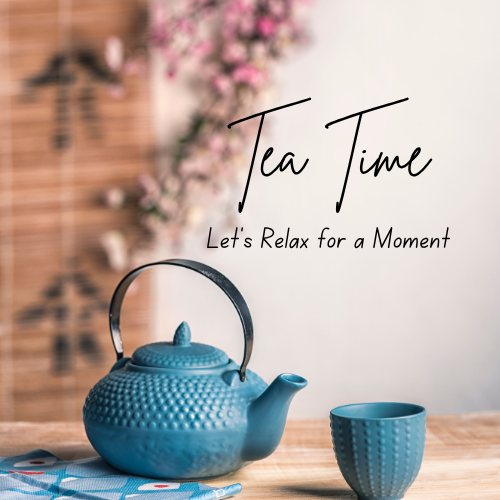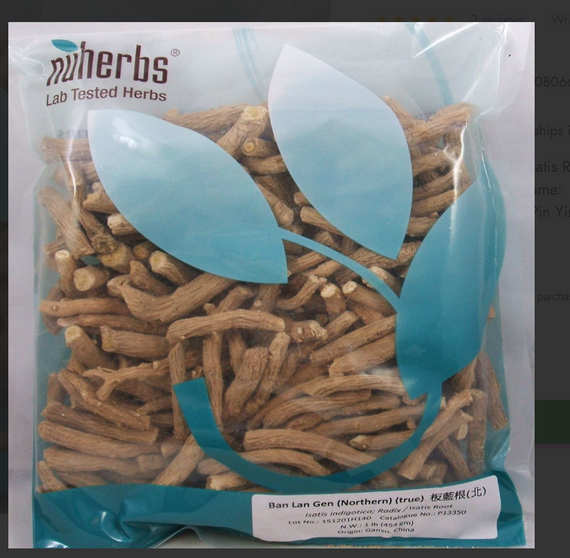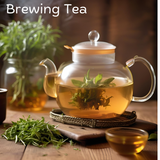Customer Testimonials for Albizia Bark
“This herb helped me sleep after weeks of tossing and turning.”
"I was waking up at 3 AM every night, anxious for no reason. A friend suggested Albizia Bark, and within a few nights of taking the decoction, I felt more relaxed at bedtime. It’s not a knockout herb—it’s gentle, but it worked. My mind finally quieted down.”
— Jenna R., Seattle, WA
“Grief is hard. This helped me breathe again.”
"After losing my sister, I was struggling with emotional heaviness and restlessness. I didn’t want to take pharmaceuticals, so I gave He Huan Pi a try. I can’t say it fixed everything—but it softened the edges of the sadness and helped me find moments of peace again."
— Marcus G., Philadelphia, PA
“My emotional outbursts have calmed way down.”
"I’ve always been prone to mood swings and irritability, especially under stress. Since adding Albizia Bark to my herbal tea blend, I’ve noticed I’m more even-keeled—even when work gets hectic. It’s like my fuse got longer."
— Nicole L., San Diego, CA


 Feeling emotionally stuck, restless, or overwhelmed by stress? Albizia Bark, also known as He Huan Pi, is one of Traditional Chinese Medicine’s most beloved remedies for calming the spirit, easing anxiety, and restoring inner peace. Known as the “collective happiness bark”, this gentle yet powerful herb supports emotional recovery—whether you're grieving a loss, struggling with irritability, or just need to sleep soundly again.
Feeling emotionally stuck, restless, or overwhelmed by stress? Albizia Bark, also known as He Huan Pi, is one of Traditional Chinese Medicine’s most beloved remedies for calming the spirit, easing anxiety, and restoring inner peace. Known as the “collective happiness bark”, this gentle yet powerful herb supports emotional recovery—whether you're grieving a loss, struggling with irritability, or just need to sleep soundly again.







